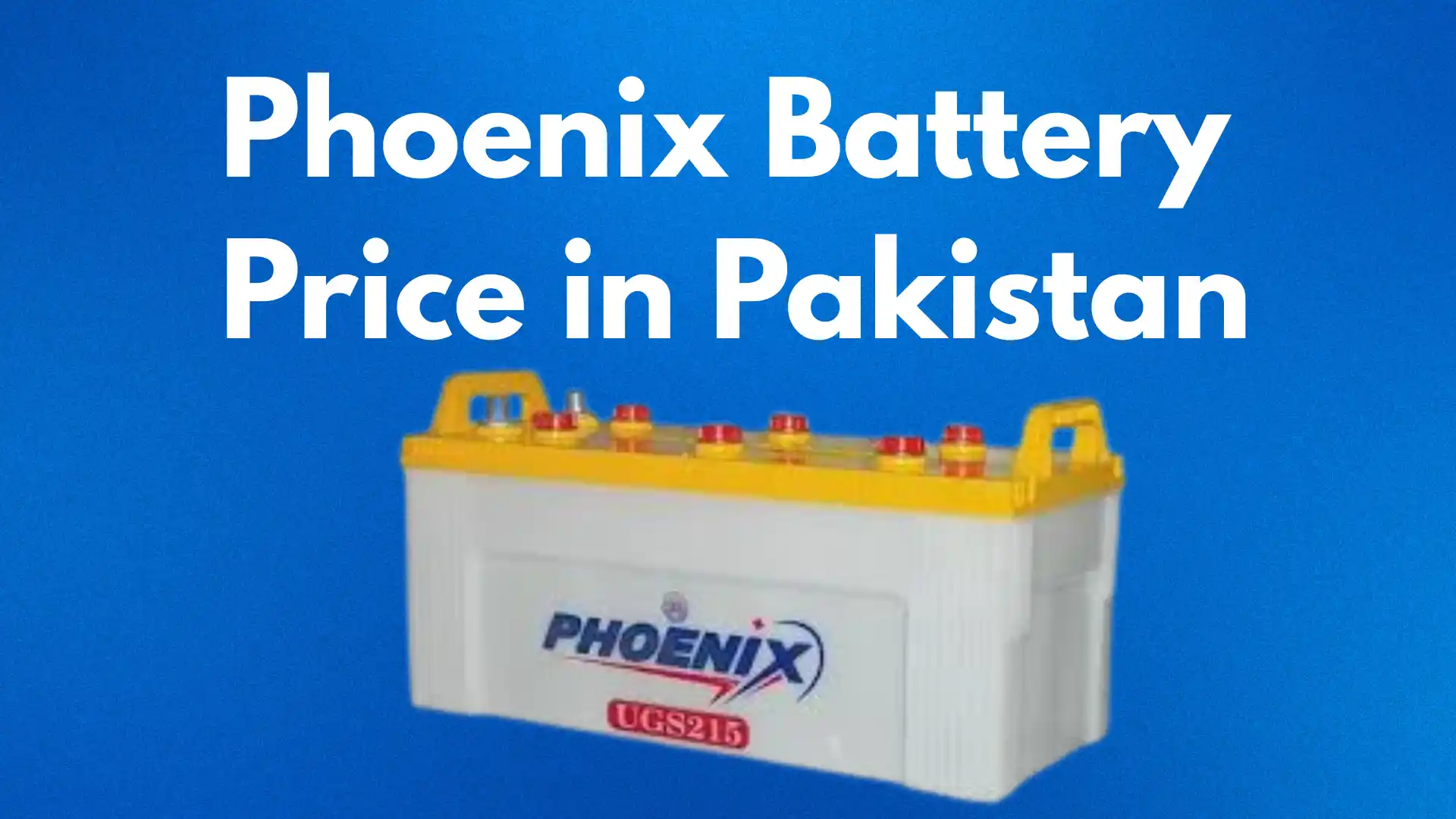Lithium Battery Price in Pakistan Today-April 2025
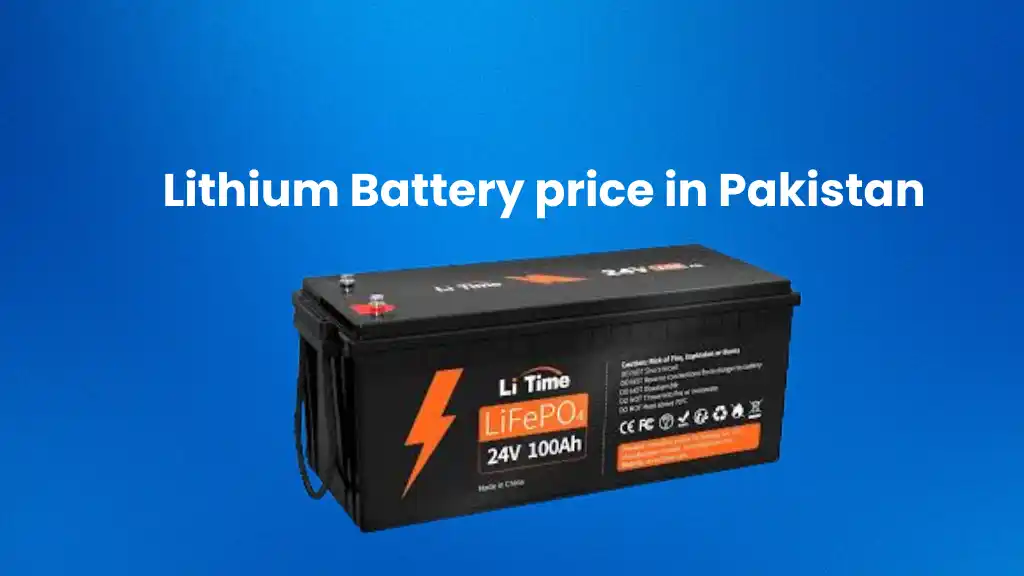
Lithium batteries are popular for their long life and fast charging. Many people in Pakistan use them for laptops, mobile phones, and solar systems. The lithium battery price in Pakistan depends on the brand, capacity, and type. Prices can be different in local markets and online stores. If you want a reliable battery, it is important to compare prices before buying.
Detailed Overview of Lithium Battery Price in Pakistan
The price of lithium batteries in Pakistan can vary significantly depending on factors such as battery capacity, quality, and application (e.g., solar systems, electric vehicles, or backup power). Below is a general overview of lithium battery price in Pakistan as of recent trends. Explore Phoenix Battery Price in Pakistan for a more budget-friendly alternative.
|
Battery Model |
Price |
|---|---|
|
Narada 48NPFC100 48V 100Ah |
Rs. 335,000 |
|
Narada NESR Series 48V 100Ah |
Rs. 370,000 |
|
Inverex 48-5000WH Power Cube |
Rs. 545,000 |
|
Tesla Solar TLI-52100X 48V |
Rs. 560,000 |
|
Knox H-U4850G 48VDC 52Ah |
Rs. 215,000 |
|
Knox H-U51100 51.2V 102Ah 5.2kWh |
Rs. 395,000 |
|
Fronus (LiFePO4) 100AMP (48 Volt) |
Rs. 455,000 |
|
Ziewnic 24V-220Ah Li-Wall |
Rs. 396,000 |
|
YAT EFI YF 48V 100Ah |
Rs. 350,000 |
|
Pylontech H48050 High Voltage |
Rs. 320,000 |
Features of Lithium Batteries

These batteries have become popular due to their advanced technology and superior performance compared to traditional battery types like lead-acid. Below are the key features of lithium batteries that make them a preferred choice for various applications.
Energy Storage and Weight: They are well known for their high energy density. This means they can store significant energy in a compact form. It makes them ideal for space-constrained applications like laptops and electric vehicles. Their lightweight nature is another key feature.
Rechargeability and Lifespan: These batteries are rechargeable, a fundamental feature that allows repeated use over their lifespan. Research suggests they can handle up to 2,000 charge-discharge cycles. This long cycle life is supported by their professional design.
Maintenance and Usability: Lithium-ion batteries require low maintenance. This ease of use is a significant advantage for consumers as it reduces the effort needed to keep them functional. They also exhibit no memory effect, meaning they can be recharged at any charge level without losing capacity. This feature enhances their practicality for everyday use.
Versatility and Safety :These batteries come in various sizes and shapes. They offer versatility for applications ranging from small electronics to large energy storage systems for renewable energy.
Safety is enhanced by built-in protection circuits that prevent overcharging, over-discharging, and short-circuiting.
Environmental Considerations: The environmental impact of lithium-ion batteries is a topic of debate. They are considered more environmentally friendly than lead-acid or nickel-cadmium batteries because they do not contain lead or cadmium and have a longer lifespan.
Quick Comparison: Lithium-Ion vs. Lead-Acid Batteries
Here are key features of lithium-ion batteries against traditional lead-acid batteries.
|
Feature |
Lithium-Ion |
Lead-Acid |
|---|---|---|
|
Energy Density (Wh/kg) |
Up to 330 |
|
|
Weight |
50-60% lighter |
Heavier for same capacity |
|
Cycle Life |
Up to 2,000 cycles, 80% capacity |
Heavier for same capacity |
|
Maintenance |
Low, no priming or cycling needed |
|
|
Memory Effect |
No |
|
|
Charging Speed |
Fast, high rate (1C-2C) |
Slower, staged charging |
|
Voltage per Cell |
3.2-3.7V |
2.1V |
|
Environmental Impact |
No lead/cadmium, longer life |
Contains lead, shorter lifespan |
Applications of Lithium Batteries
Solar Energy Storage: These are used to store energy from solar panels for home or commercial use.
Electric Vehicles (EVs): They are powering cars, bikes, and scooters.
Portable Electronics: These are used in smartphones, laptops, and power banks.
Backup Power: They Provide reliable backup power for homes and businesses.
Industrial Equipment: These are used in robotics, drones, and heavy machinery.
Conclusion
So guys, I’ve covered the Solar Panel Price in Pakistan in detail. Based on my experience, I recommend starting with a clear budget and energy needs before choosing a system. Make sure to compare quotes from trusted suppliers to get the best deal.
If you’re ready to take the next step, explore these options today and make the switch to solar energy. Always avoid buying low-quality panels to save money. It’s better to invest in quality now and enjoy long-term savings!

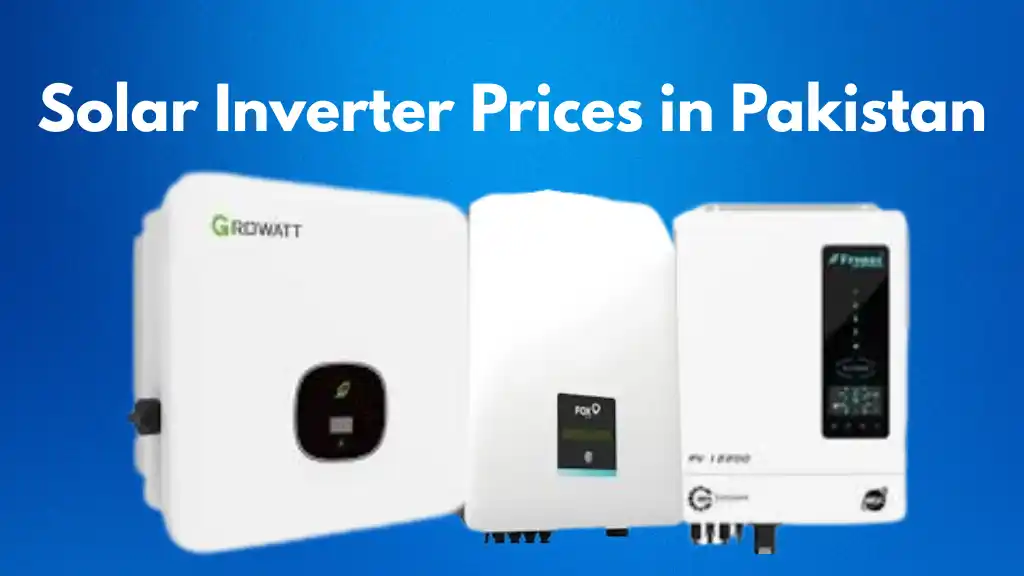
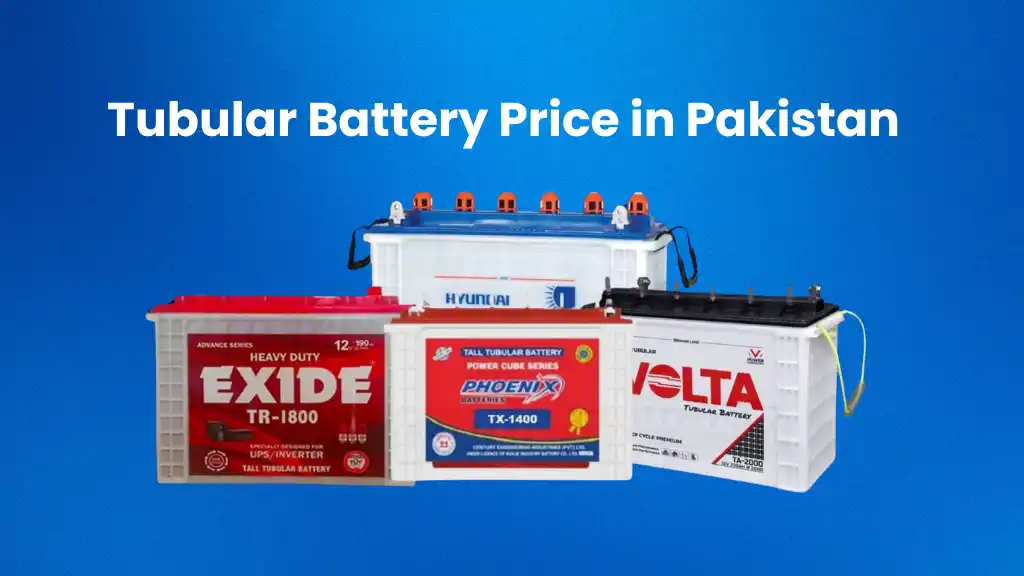
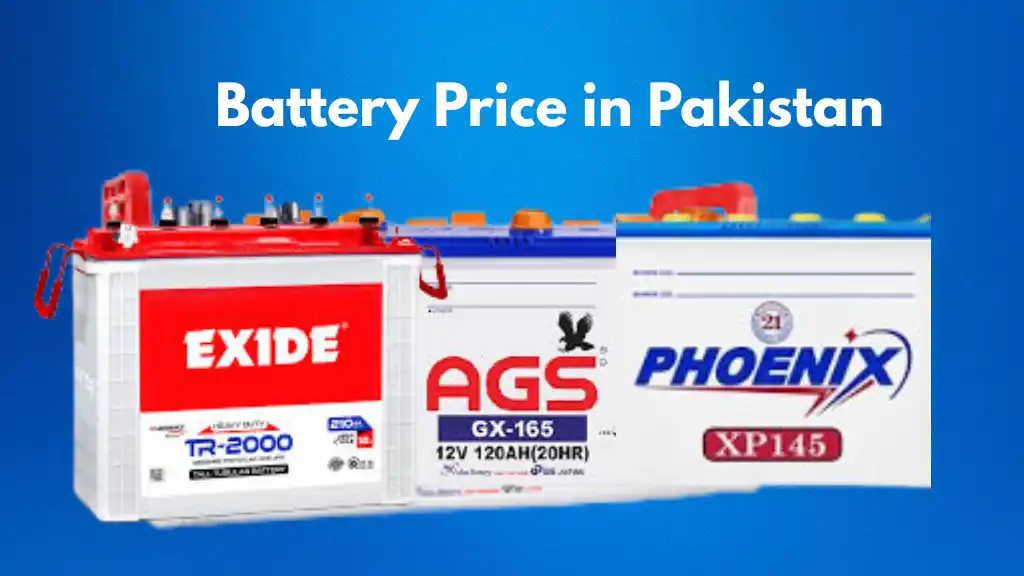
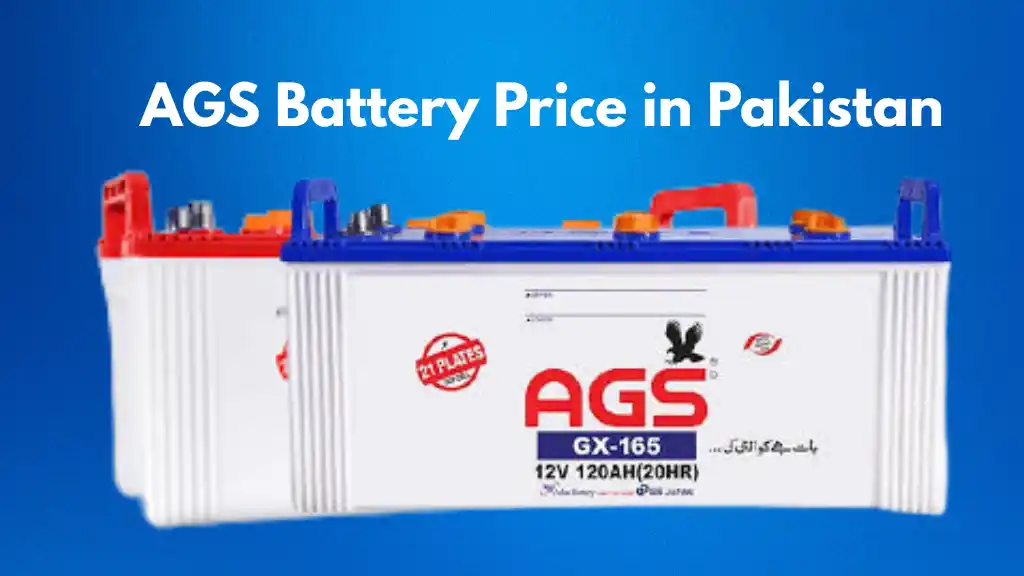
![Osaka Battery Price in Pakistan Today [2025] 7 Osaka Battery Price in Pakistan 2025](https://pakistansolarpanelprice.com/wp-content/uploads/2025/04/Osaka-Battery-Price-in-Pakistan.webp)
